Beatrice Perez-Arche: I’m a senior BFA student at Boston University, a theatre artist, and a playwright, and Livian you’re a playwright and translator based in San Francisco. We were both members of the Young Critics Program, created by the Front Porch Arts Collective and WBUR’s the ARTery—a three-part program during which we read and discussed reviews, did writing exercises, went to the theatre, and learned to think about the medium thoughtfully. It was a great experience for both of us.
How did you come across the program?
Livian Yeh: On Instagram. Ever since the production of my master’s thesis play received an unfavorable review—which really hurt as a young artist—I became fascinated with the power of the critic and the purpose of theatre criticism. I thought the workshop would help me get a better understanding of what theatre criticism is, and the application process seemed easy. How about you?
Beatrice: I received an email from a professor, with a quick description of the program, which said they were specifically looking for young artists and writers of color. I asked my professor, “Are you sure you meant to send this to me?”
As a Latina, I’m not used to being referred to as a person of color, so I had a small existential crisis where I was like, “Where do I fit in in this world?” I understood how my perspective might be unique in the Boston community, but it was definitely a complicated little moment for me. However, it was encouraging to see there are people who are seeking that perspective and creating programs to uplift it.
Livian: Being part of the program included getting a stipend, which made a difference because we were being paid. It was a job.
Beatrice: Right. It wasn’t like, “This is an opportunity and we’re paying you in experience! Hooray!”
Livian: Which is so common in theatre.


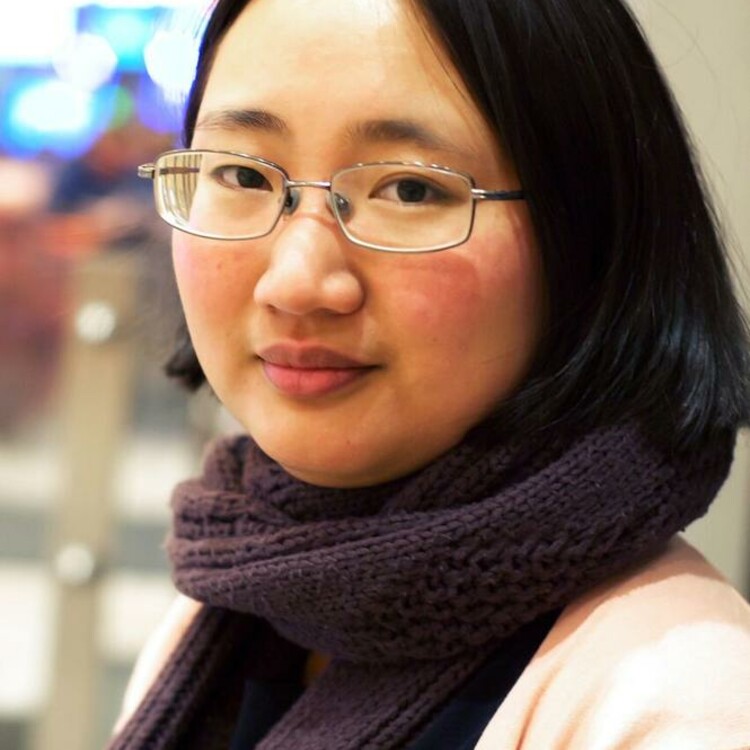
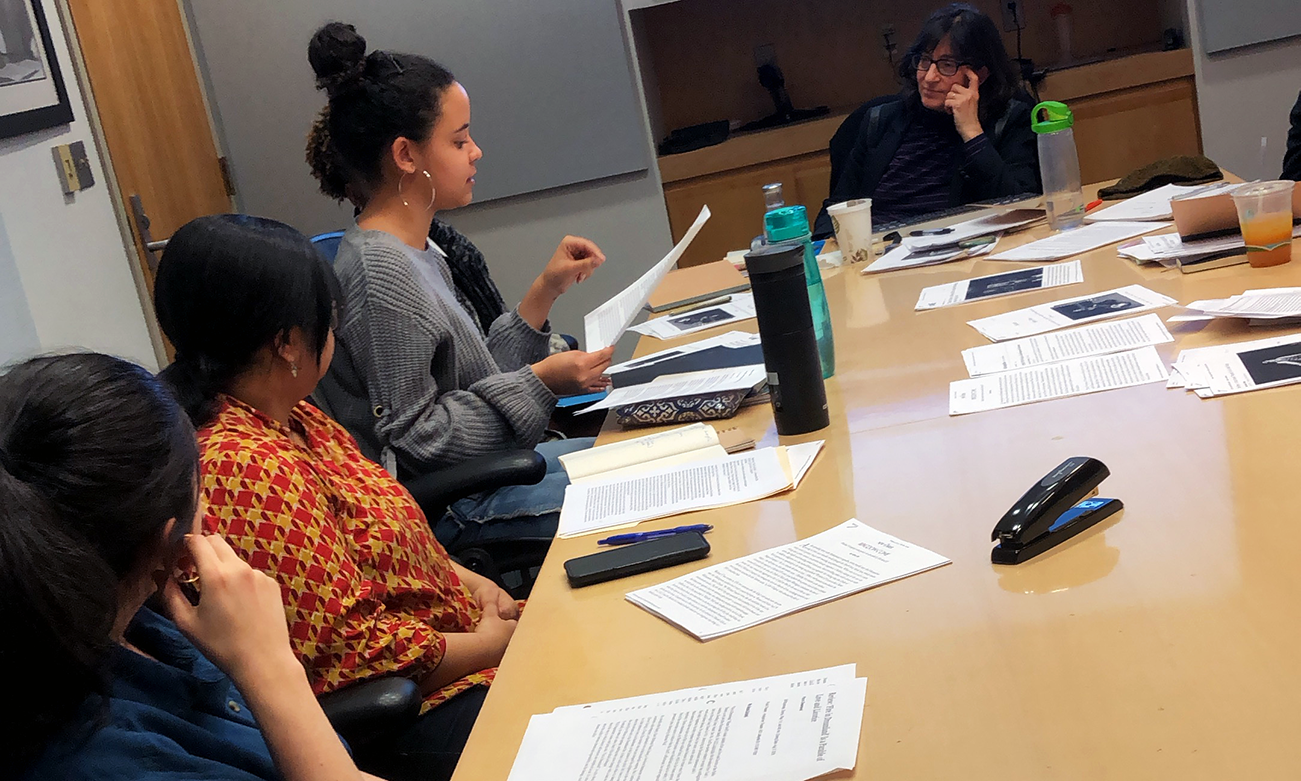
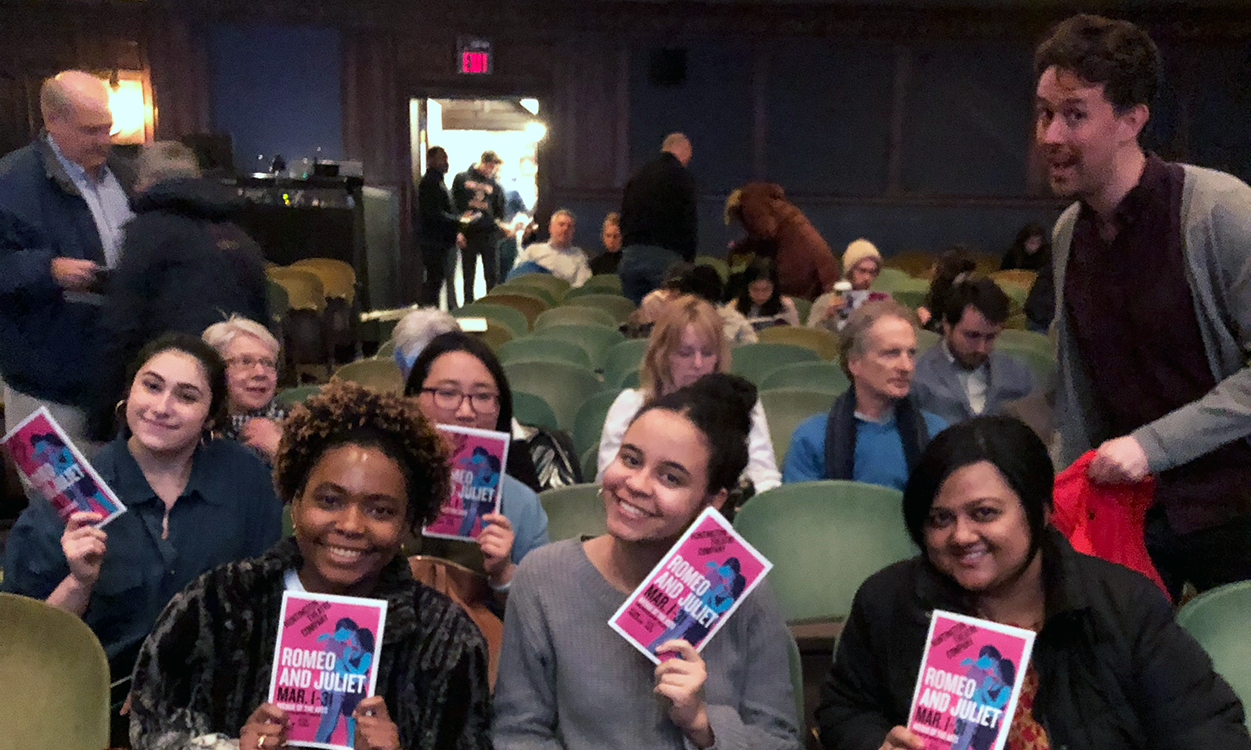
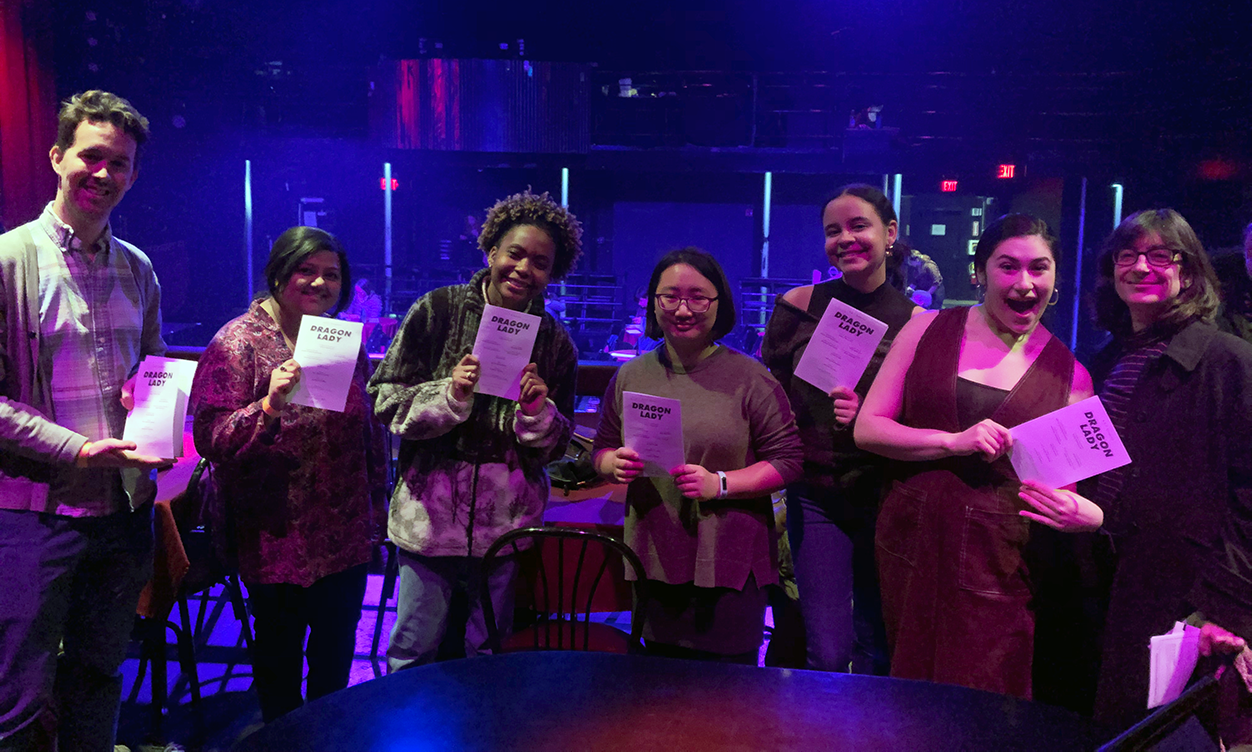
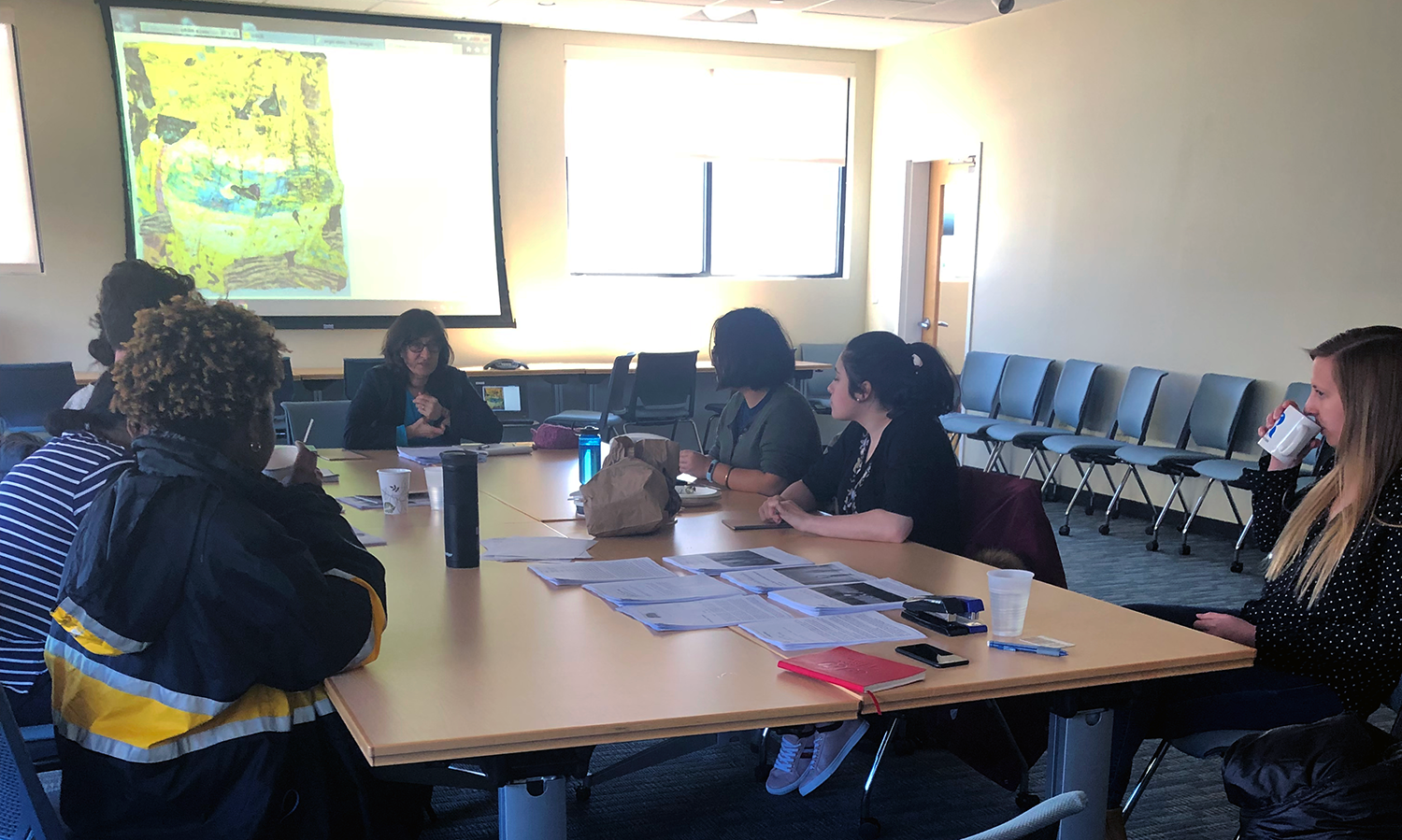
Comments
The article is just the start of the conversation—we want to know what you think about this subject, too! HowlRound is a space for knowledge-sharing, and we welcome spirited, thoughtful, and on-topic dialogue. Find our full comments policy here